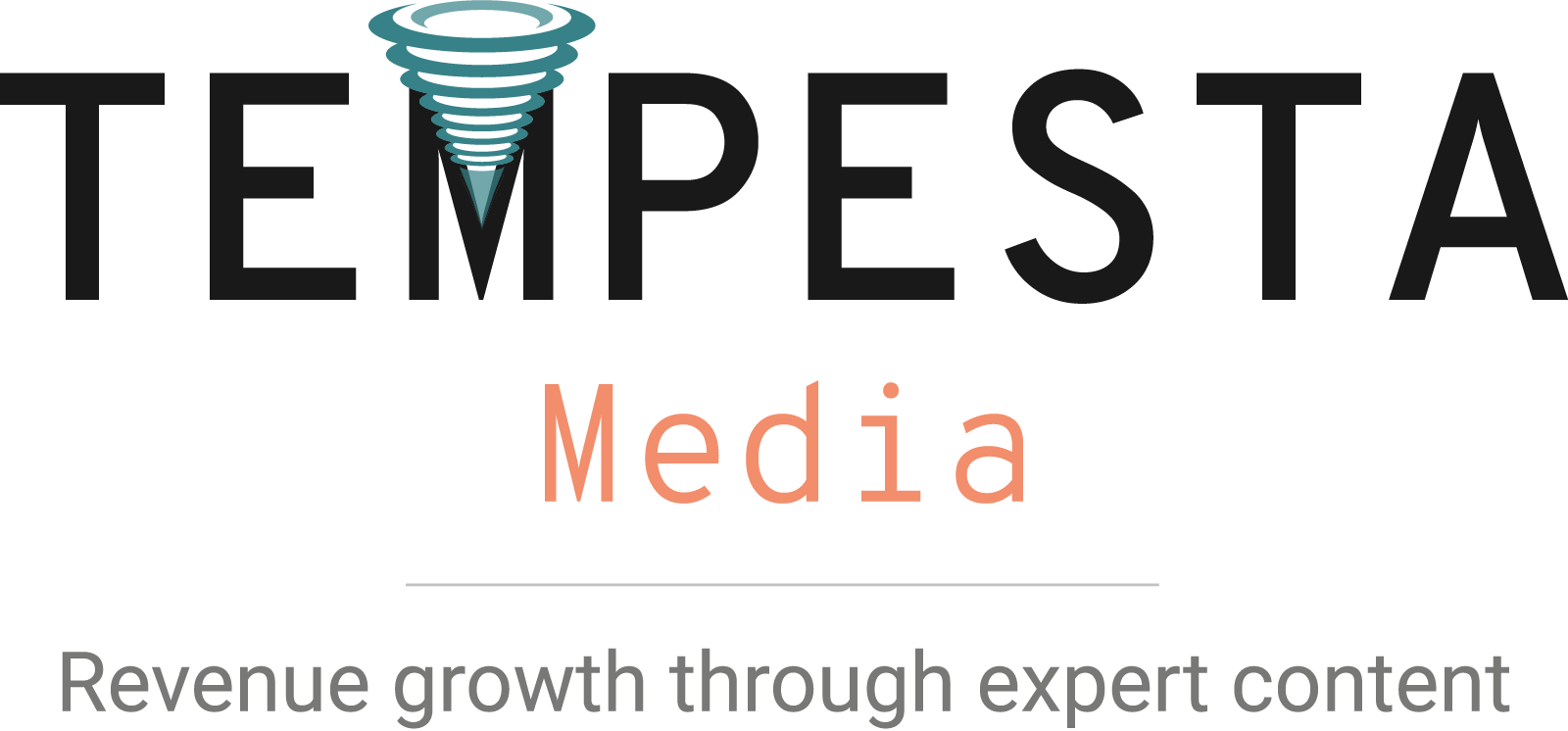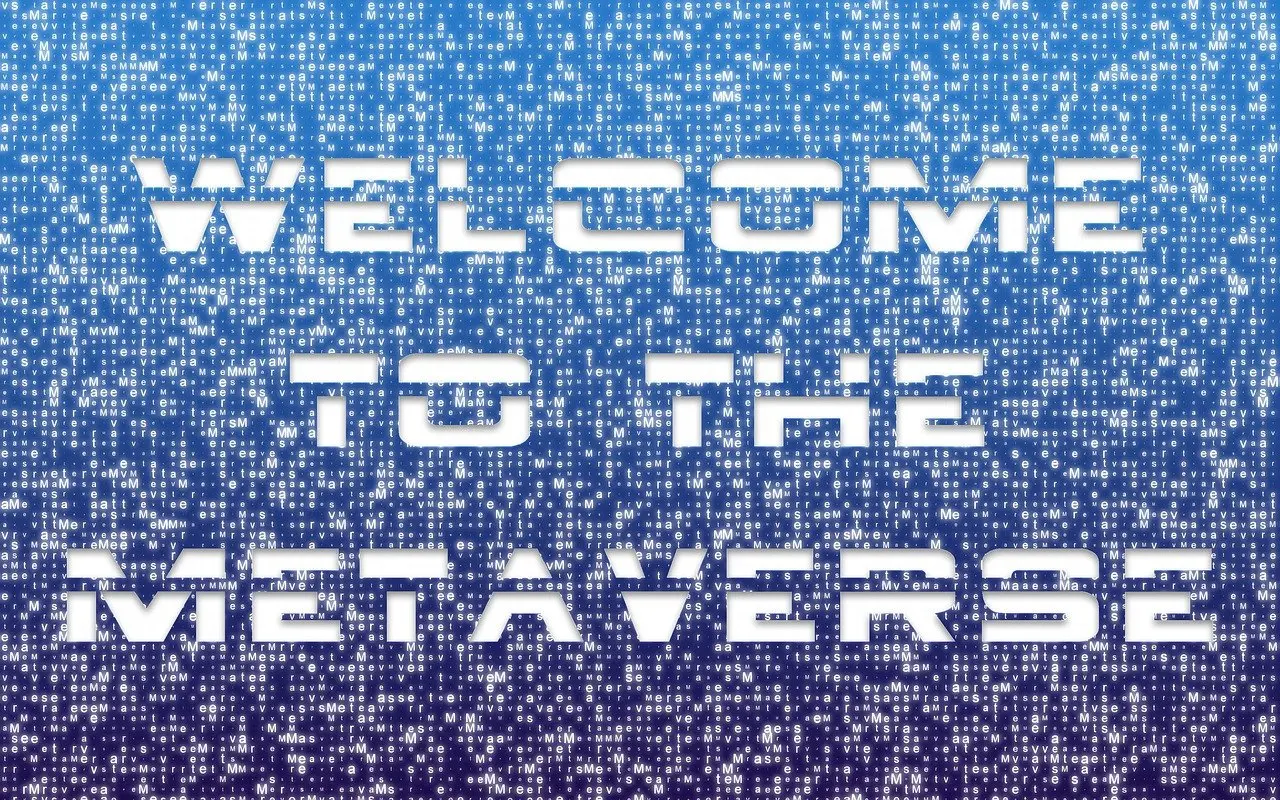Content strategies have grown to become a key component of an overall marketing plan.
With this marketing approach come exciting opportunities for greater brand recognition and a widely engaged audience. However, it also can come with some challenges, such as keeping up with the high demand for quality content.
Outsourcing has long been a strategy to use in other areas of business, and content marketing is one of the areas of marketing most effectively provided by an outside consultant. Statistics suggest 62 percent of companies turn to third parties as a solution to meet their content needs.
What should agencies consider when looking to outsource some or all of their content creation?
Identify client content needs
Blogs and website content are an important part of web strategies, but there are many other types of content to consider. In order to have a robust content strategy, a number of skill sets are needed. Does the agency have these skills and can it effectively meet client requirements? If in-house staff is either lean or unable to craft a variety of content, outsourcing to obtain these skills makes sense.
The Content Marketing Institute likens this to a baseball team: Different players have different strengths, but individually they cannot play every role on the field. Like a carefully constructed baseball lineup, a team of outsourced writers can ensure clients have the variety of skills they need.
Some agencies are concerned about the quality of content they buy and whether or not it will meet client needs. This is a valid concern. But agencies should also keep in mind that providing quality content services is the outsourced partner’s core competency. If it does not deliver quality, its own business suffers. Quality control is a priority for managed services providers.
Evaluate available time
This is a significant consideration. Once a company makes a commitment to its content strategy, it is necessary to be consistent and keep to a schedule, even if the client keeps a loose calendar. If deadlines are missed, clients are not going to be happy. Timely updates are essential to keep the audience engaged.
Producing content takes research, writing, editing and promoting. Agency managers should consider whether or not they can keep up with this pace and still manage to generate new ideas for future content needs. This is an often difficult question that agencies must ask themselves.
If an agency determines it cannot realistically maintain its clients’ publishing schedules, it makes good sense to outsource some or all of these tasks.
Consider budget
Budget is always a consideration. If quality content needs cannot be satisfied with existing staff in a timely fashion, firms are usually faced with a choice: hire additional staff or outsource some or all of its content needs. Agencies should compare the expenses of in-house vs. outsourcing. Items to consider:
• Recruiting and hiring expenses.
• Payroll and benefits.
• Publishing platform — does one exist or will it need to be acquired?
• How much will the provider charge? What is included in this fee?
Outsourcing content is often more cost-efficient, because writing and editing needs can be easily met by a managed services provider that also provides technology. Other than doing some research to find a reliable partner and paying for its services, no other financial investment is needed.
Find a reliable partner
When seeking a content provider, as with any other outsourced service, agencies should do research. To start, agents should contact managed services providers and ask questions.
• Does the potential partner understand the agency’s goals?
• Are there sufficient writers in its network to fulfill content needs?
• Do these writers possess expertise in the industries they will be writing for?
• What types of technology does the provider use? Will it achieve the results the agency seeks?
• What strategy ideas can the third party bring to the table?
• Can the provider share any testimonials?
A proven record, coupled with happy clients, can help determine whether or not the provider is a good fit. Avoid agencies that make unrealistic promises and appear non-communicative. Agencies want to be sure the partner they hire keeps them up to date and is available to address any concerns. Be sure the potential partner understands what is being sought; good providers will know what questions to ask.
If you have a content marketing program, or are planning one, download our ebook: 100 mistakes businesses make when starting, optimizing and scaling content marketing programs. Learn from the mistakes of hundreds of other companies. 100 mistakes walks you through common and uncommon challenges that they faced with their content marketing programs.











